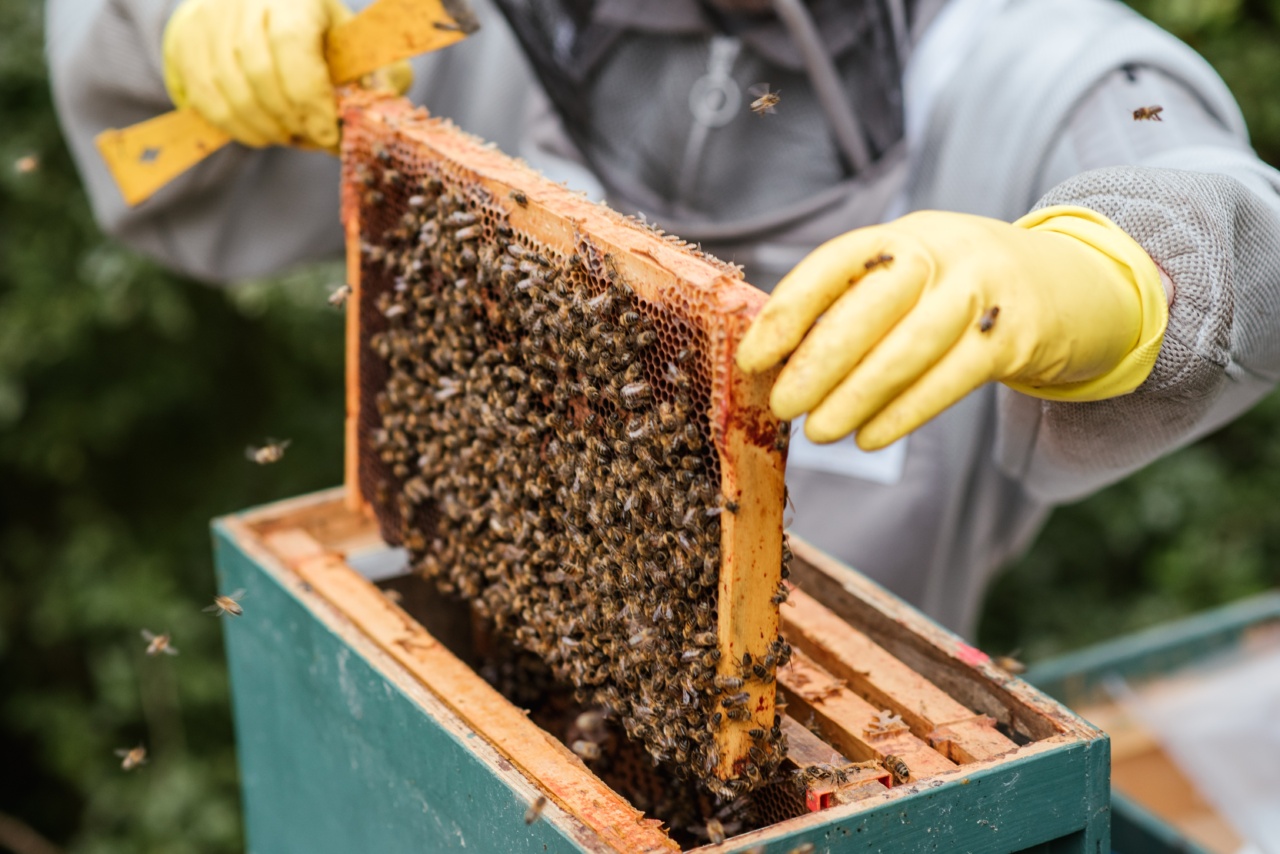When it comes to fertility, what you eat can play a crucial role. A healthy diet can optimize your reproductive system and increase your chances of conceiving. On the other hand, certain foods can negatively impact fertility in both men and women.
In this article, we will discuss four foods that you should avoid if you’re trying to protect your fertility.
1. Trans fats
Trans fats are artificially created fats that are commonly found in processed foods. These fats can be extremely harmful to your fertility as they can increase inflammation in your body and negatively affect hormone levels.
Studies have shown that high consumption of trans fats is associated with an increased risk of ovulatory infertility in women. Men who consume trans fats regularly may experience a decrease in sperm count and motility.
To protect your fertility, it’s essential to limit your intake of trans fats. Avoid foods like fried foods, pastries, margarine, and packaged snacks. Instead, opt for healthier fats like olive oil, avocados, and nuts.
2. Sugar and refined carbohydrates
A diet high in sugar and refined carbohydrates can wreak havoc on your fertility. These foods cause a rapid spike in blood sugar levels, leading to insulin resistance and hormonal imbalances.
They can also disrupt ovulation in women and decrease sperm quality in men.
To protect your fertility, opt for complex carbohydrates like whole grains, fruits, and vegetables. These foods have a lower impact on blood sugar levels and provide important nutrients for reproductive health.
3. Soy products
Soy products contain compounds called phytoestrogens, which mimic the effects of estrogen in the body. While moderate consumption of soy is generally safe, excessive intake can disrupt hormonal balance and interfere with fertility.
Studies have shown that high levels of phytoestrogens can affect menstrual cycles and decrease sperm quality.
If you’re trying to protect your fertility, it’s best to limit your intake of soy products. Opt for alternative sources of protein like lean meats, fish, and legumes.
4. Alcohol
Excessive alcohol consumption can have a detrimental effect on fertility. It can disrupt hormone production, impair ovulation, and decrease sperm quality. In women, alcohol can disrupt the menstrual cycle and increase the risk of infertility.
In men, alcohol can decrease testosterone levels and impair sperm production.
If you’re trying to conceive, it’s crucial to limit your alcohol intake or avoid it altogether. Stick to moderate or occasional consumption to protect your fertility.
Conclusion
Your diet plays a significant role in your fertility. By avoiding certain foods, such as trans fats, sugar and refined carbohydrates, soy products, and excessive alcohol, you can protect your reproductive health and increase your chances of conceiving.
Opt for a balanced diet rich in fruits, vegetables, whole grains, lean proteins, and healthy fats to optimize your fertility.



























